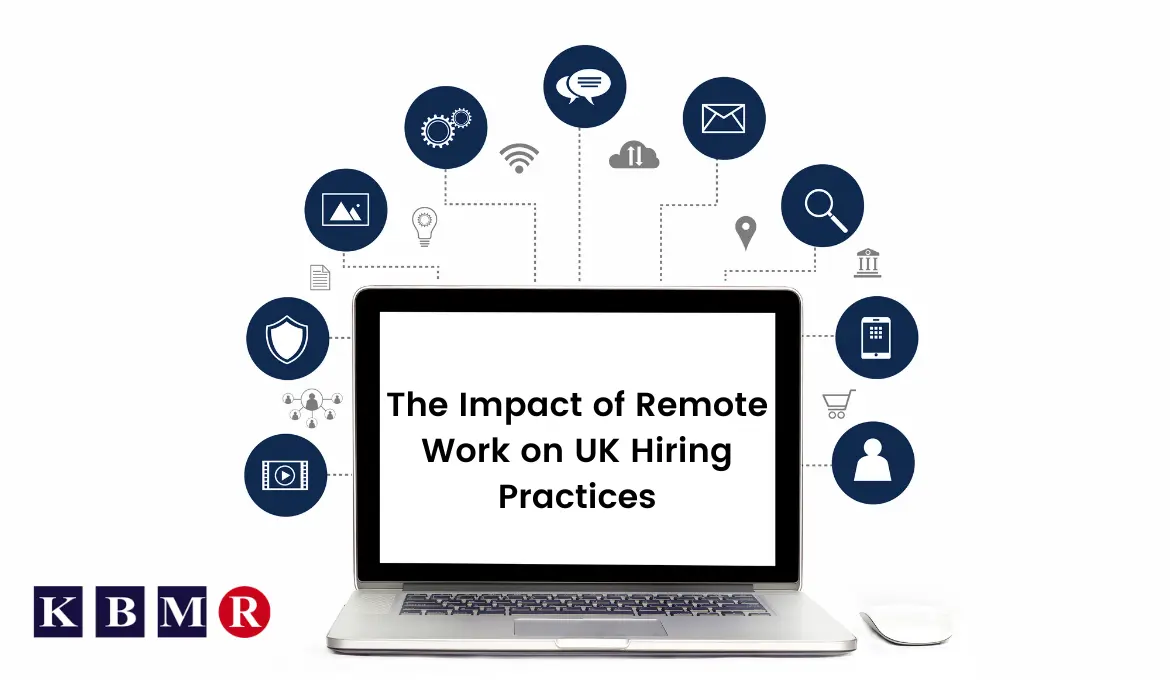The UK workplace has undergone a seismic shift in recent years. Because of technological progress and the worldwide pandemic, remote work has gone from being a special benefit to becoming a common reality for many people. This change has profoundly impacted how businesses operate, perhaps none more significantly than hiring practices.
Gone are the days of geographical limitations and rigid office schedules; UK companies are now casting their nets wider, tapping into a global talent pool and redefining what attracting and retaining top performers means.
Goodbye Geography, Hello World
One of the most immediate impacts of remote work is the sheer expansion of the available talent pool. No longer tethered to a specific location, companies can seek candidates based solely on their skills and experience, regardless of their postcode.
This opens doors for individuals who may have previously faced geographical barriers, such as those living in rural areas or caring for dependents. It also allows UK businesses to access a wealth of international talent, bringing diverse perspectives and expertise to their teams.
The benefits of this wider talent pool are manifold. Companies can find niche skill sets that might be scarce within the UK, fostering innovation and competitiveness.
They can also tap into previously underutilised demographics, such as parents seeking flexible work arrangements or individuals with disabilities who may face challenges in traditional office settings. This promotes inclusivity and injects fresh energy and diverse viewpoints into the company culture.
Redefining Skills and Prioritisation
The shift to remote work is more than just about geographical reach. It also necessitates a fundamental change in how companies evaluate and prioritise skills. With physical presence no longer a constant factor, the focus has moved towards demonstrable output, measurable results, and effective communication.
This means job descriptions are evolving, emphasising skills like time management, self-motivation, and proficiency in collaboration tools.Furthermore, remote work demands a greater emphasis on soft skills. Effective written and verbal communication becomes crucial for fostering team cohesion and ensuring project success in a virtual environment.
Creating trust and keeping a good team spirit also needs excellent people skills and emotional understanding. Companies recognise the importance of these qualities and tailor their recruitment processes accordingly, seeking candidates who can thrive in a distributed yet connected environment.
Tools for a Virtual Workforce
Of course, this transformative shift is only possible with the robust technological infrastructure that underpins remote work. Video conferencing platforms, project management software, and cloud-based communication tools have become essential elements of the modern workplace.
Companies invest in these technologies to facilitate seamless collaboration, knowledge sharing, and efficient task management across geographically dispersed teams. The adoption of these tools also presents new opportunities for training and development.
Online courses, webinars, and virtual mentoring programs can now reach employees regardless of location, democratising access to professional development opportunities and fostering a culture of continuous learning. This, in turn, empowers employees, boosts morale, and equips them with the skills needed to excel in a dynamic, remote-first environment.
Challenges and Adaptations: The Road Ahead
While the benefits of remote work are undeniable, it's not without its challenges. Building and maintaining company culture, fostering team cohesion, and ensuring effective communication can be more complex in a virtual setting. Cybersecurity, data privacy, and employee well-being require careful consideration and tailored solutions.
However, UK companies are rising to the challenge. They are implementing strategies to foster virtual team building, invest in robust communication protocols, and prioritise employee well-being through initiatives like flexible work schedules and mental health resources.
As they adapt and refine their approaches, these businesses are paving the way for a future of work that is not only geographically flexible but also inclusive, empowering, and ultimately, more productive.
Conclusion
The rise of remote work has brought about a paradigm shift in UK hiring practices. With a talent pool that now spans the globe and a focus on skills and outcomes rather than physical presence, companies are redefining what it means to attract and retain top talent. Although there are still obstacles, the UK is leading the way to remote work.
By embracing technology, adjusting methods, and promoting an inclusive and flexible culture, the country is paving the path for more innovation and changes in how businesses in the UK recruit, handle, and support their employees in the future.





